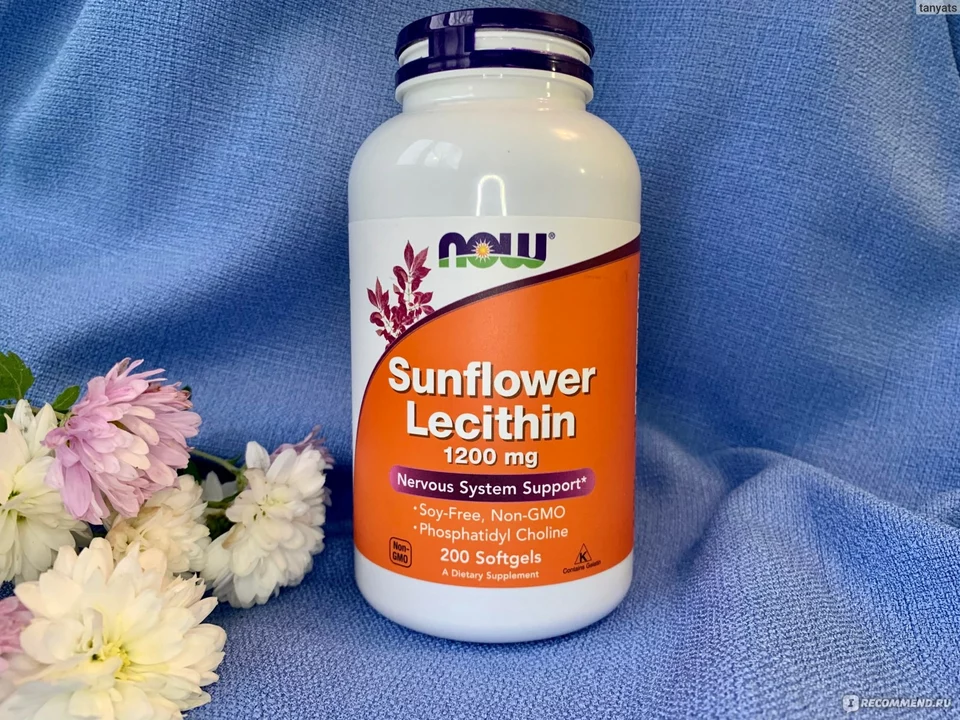Lecithin: Simple Facts, Real Benefits, and Safe Use
Ever wondered why you see lecithin on supplement bottles or food labels? It’s a natural fat that helps your cells stay flexible and your liver process fats better. In plain terms, think of it as a grease‑keeper for your body’s tiny machines.
Where Lecithin Comes From
The most common sources are soybeans, egg yolks, and sunflower seeds. If you’re avoiding soy, go for the egg or sunflower version – both deliver the same key component called phosphatidylcholine. You can get lecithin in capsules, powders, or even as a liquid that mixes into smoothies.
Top Health Perks
People take lecithin for three main reasons: supporting liver health, improving brain function, and easing cholesterol levels. The liver uses phosphatidylcholine to break down fat, so supplementing can help when you’re eating a heavy diet. For the brain, lecithin supplies choline, a building block of acetylcholine – the messenger that helps memory and focus.
Studies show modest drops in LDL (bad) cholesterol when people add 1‑2 grams of lecithin daily to their routine. It’s not a miracle cure, but it can complement a heart‑healthy diet.
How Much Should You Take?
The sweet spot is usually 1 gram for beginners and up to 3 grams split across meals for seasoned users. Start low; your gut may need time to adjust. Mix the powder into juice or yogurt, or pop a capsule with water.
If you’re pregnant, nursing, or on blood‑thinning medication, check with a doctor first – lecithin can affect clotting times in rare cases.
Choosing a Quality Product
Look for non‑GMO soy or certified organic sunflower lecithin if you care about additives. A good label will list the amount of phosphatidylcholine, not just “lecithin.” Avoid products that add unnecessary sugars or artificial flavors.
Price-wise, a month’s supply typically runs between $10 and $25, depending on form and brand. Higher cost doesn’t always mean higher quality; read third‑party test results when possible.
Practical Tips for Everyday Use
Stir a tablespoon of liquid lecithin into your morning coffee – it adds a smooth texture and a mild nutty taste. For baking, replace some oil with lecithin to keep pastries moist without extra fat.
If you’re tracking calories, remember that 1 gram of lecithin has about 8 kcal, so the impact is tiny compared to its benefits.
Potential Side Effects
Most folks tolerate lecithin well. The occasional stomach rumble or mild diarrhea can happen if you jump straight to high doses. Reduce the amount and increase gradually to keep things smooth.
In rare cases, people with soy allergies should avoid soy‑derived lecithin and pick egg or sunflower alternatives instead.
Bottom Line
Lecithin is a low‑risk supplement that can support liver function, brain health, and cholesterol balance when used sensibly. Start small, choose a clean product, and pair it with a balanced diet for the best results.






